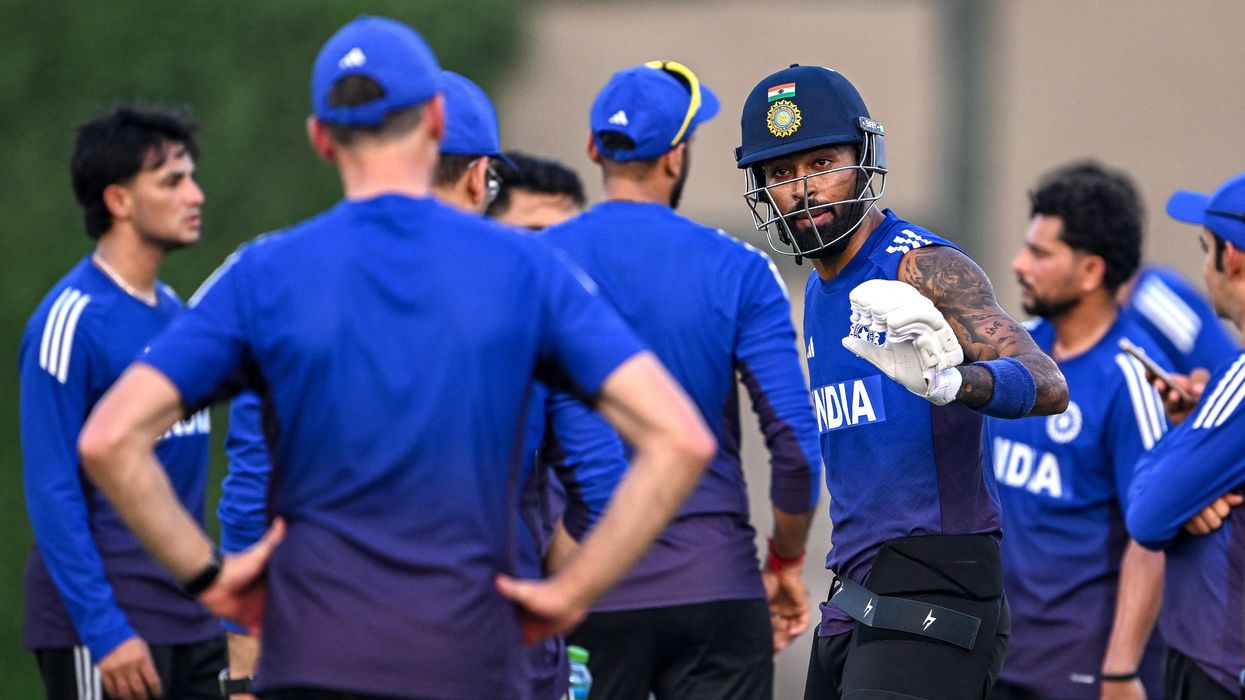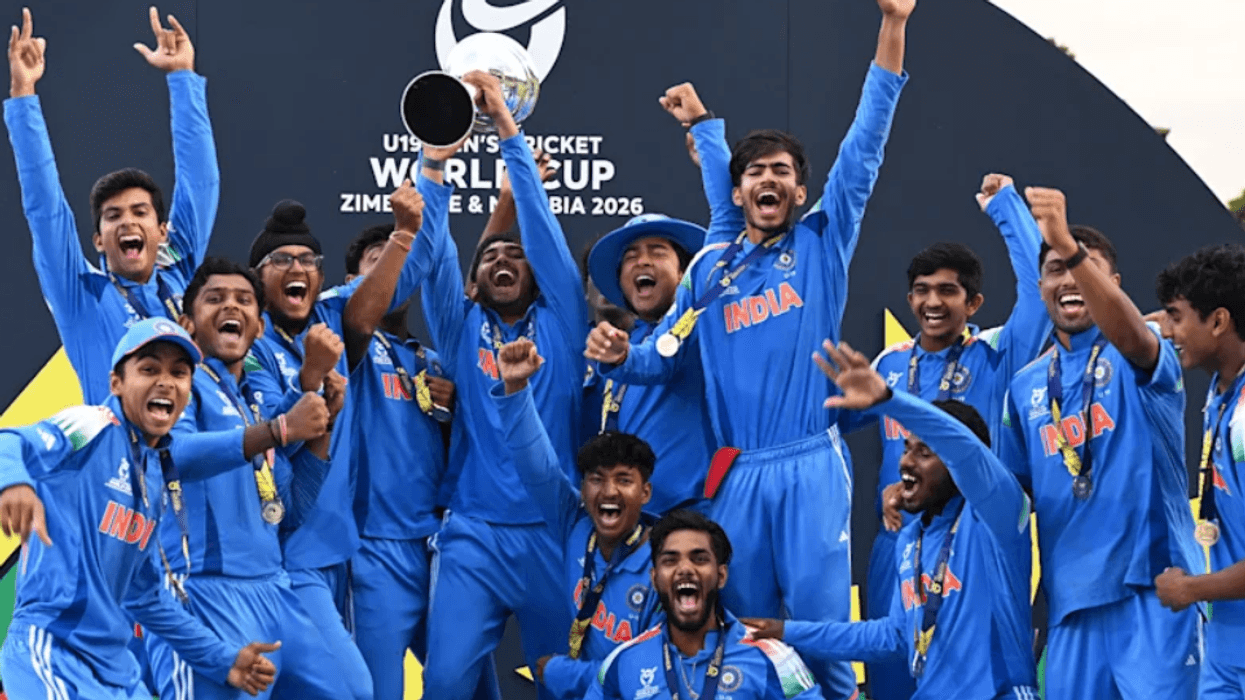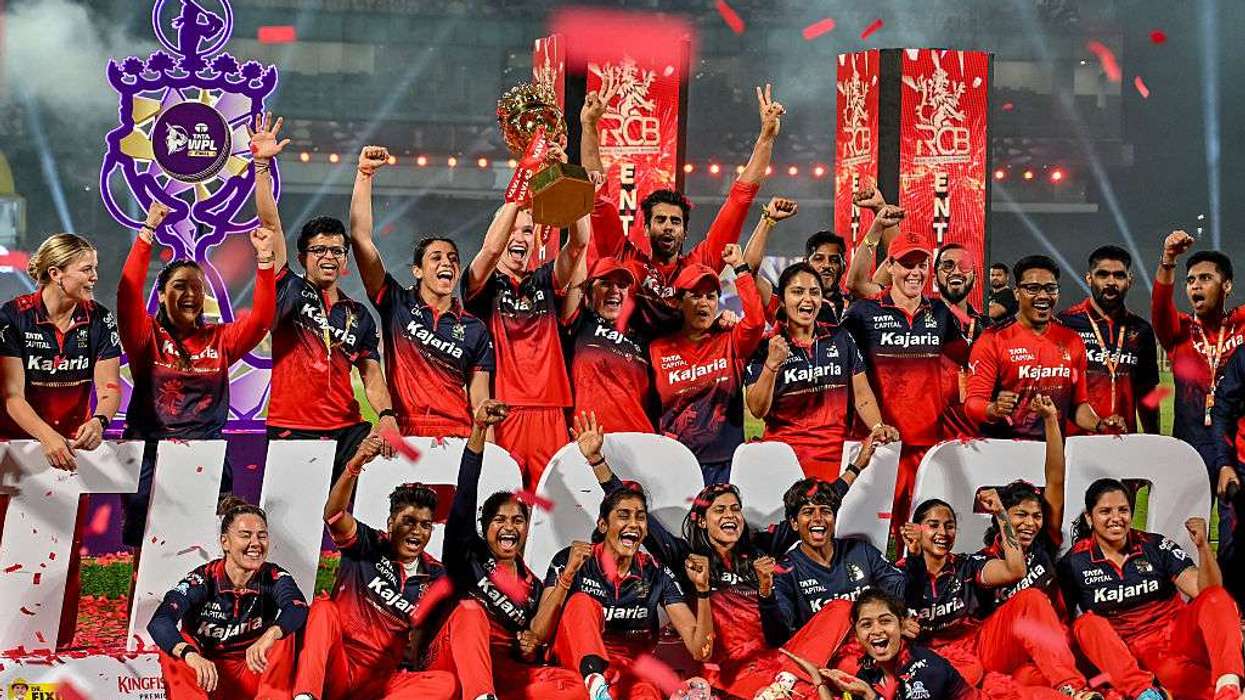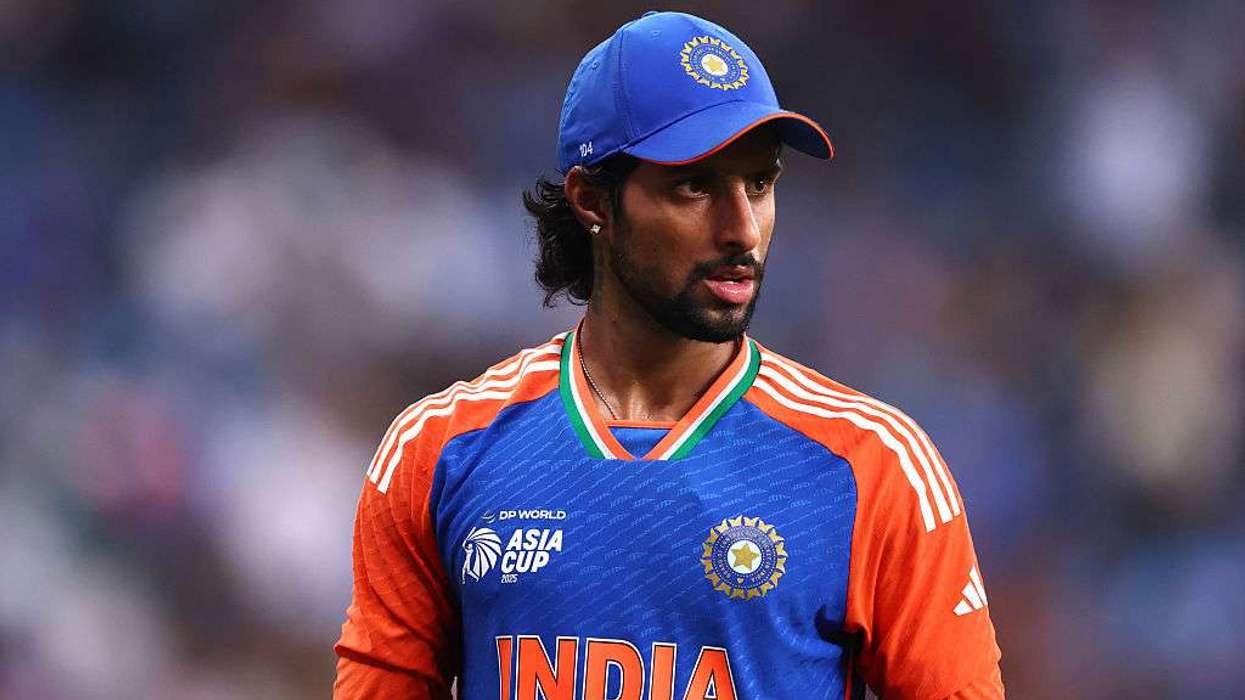Highlights:
- India, led by Suryakumar Yadav, enter as clear favourites with strong squad depth.
- Pakistan drop Babar Azam and Muhammad Rizwan, signalling a new phase.
- Afghanistan’s spin trio seen as potential challengers to India’s dominance.
- Associate nations like UAE, Oman and Hong Kong aim to showcase progress.
INDIA, led by Suryakumar Yadav, go into the Asia Cup T20 starting Tuesday as the clear favourites, with a significant gap in strength between them and the seven other teams, including Pakistan.
The tournament begins with Afghanistan facing Hong Kong in Abu Dhabi, but attention will be on Dubai, where India open against the United Arab Emirates on Wednesday.
The Asia Cup has often served as preparation for the T20 World Cup, but this edition comes with a sense of inevitability.
India carry the weight of expectations, not just for their past record, but also because the balance of power appears firmly in their favour. With strong leadership and squad depth, this is seen as India’s tournament to lose.
Chairman of selectors Ajit Agarkar and head coach Gautam Gambhir showed confidence in their squad by naming 15 players, despite being allowed 17 by the Asian Cricket Council. This left out players like Shreyas Iyer and Yashasvi Jaiswal.
Winning the Asia Cup for the ninth time (seven in ODIs and once in T20 in 2016) would not add extra credit for Suryakumar or Gambhir, but falling short would bring criticism, especially with the T20 World Cup just over four months away.
India are expected to play around 20 games, including the Asia Cup, before the global event. Settling on the right core combination will be a key objective.
The BCCI has the resources to field multiple competitive T20 teams. Suryakumar has led with an 80% win record, while Shubman Gill, named vice-captain, is expected to take over in the future. The alignment between the T20 and Test captains will be watched closely.
India’s batting, shaped by IPL experience, has redefined T20 cricket. Pakistan and Sri Lanka, once level with India, have found it harder to keep pace.
Who can challenge India?
The main question around this Asia Cup is not who will win, but who can stop India.
Pakistan, under Salman Ali Agha, have dropped Babar Azam and Muhammad Rizwan, signalling a shift. Their performance will depend on how Shaheen Shah Afridi, Haris Rauf and Hasan Ali perform against India’s batting. Pakistan recently beat Afghanistan in a tri-series final, with their spinners dominating on a slow Sharjah pitch.
Sri Lanka, captained by Charith Asalanka, have potential but face questions about consistency across a full tournament. Bangladesh remain unpredictable and may lack the strength to sustain a long run. In Group B, they are seen as likely to join Hong Kong in early elimination.
Afghanistan stand out as the possible challengers, with Rashid Khan, Noor Ahmed and A Ghazanfar leading a strong spin attack, and an improved batting line-up.
The associate teams
For teams like UAE, Oman and Hong Kong, this tournament is a chance to test themselves against top opposition and showcase their progress. Oman’s deputy head coach Sulakshan Kulkarni told PTI that while there will be nervousness, matches against India and Pakistan are an opportunity to perform in front of larger audiences.
India will face 12 NRIs in the group stage—six from UAE and six from Oman. These associate nations have improved their infrastructure and attracted better expat players from India and Pakistan in recent years.
Facing Suryakumar Yadav or Jasprit Bumrah will be a rare challenge for these sides.
For now, the Asia Cup carries one clear theme: it is India’s tournament to lose.
(With inputs from agencies)




